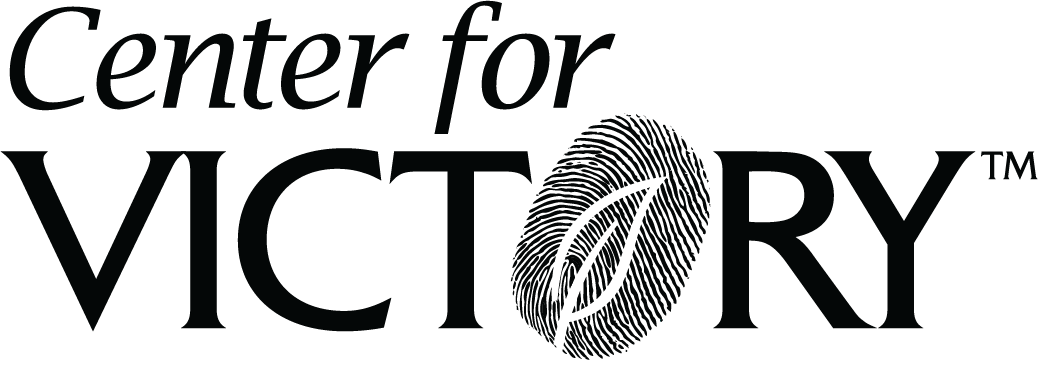
For Transformational Leadership, Be Ready to Learn
Transformational leadership is a lofty concept, evoking images of inspirational leaders who can clearly define opportunities, carve a path forward, and lead others to better results that can dramatically change an organization, its employees and its outcomes.
Transformational leadership often means providing visionary execution during times of uncertainty and doubt. Such leadership requires having the acumen, experience, and skills to lead.
It is not easy, which is why so few leaders are truly able to accomplish it. One thing is clear, however. For transformational leadership, be ready to learn.
Why? Because such leadership requires leaders to demonstrate agility, the ability to weave in and out of complex situations and relationships and to work at times with poor or incomplete sets of information, whether market conditions, clear key performance indicators, or volatile political environments.
Embracing agility means having the ability to learn when you are not expecting to. Without such agility, leaders are likely to repeat past mistakes and be poorly prepared for future uncertainty.
A recent Pricewaterhousecoopers article identifies several traits that can enhance your learning and others that can impede it. Here’s a closer look at both sets of actions.
Learning Accelerators
Looking Back. When you can reflect on past experiences, you increase the potential you have to learn more deeply. Reflection on a business interaction that went well or poorly or a project that went particularly well or poorly gives you insights. If you can analyze those past situations, you are likely not only to learn valuable lessons, but also apply those lessons to future work.
Looking Around. Observation is an important ability in any professional context. By perceiving how others behave, and the actions taken by colleagues and clients, you build a knowledge bank of observations and insights. Applying those best practices that others deploy can help you adopt certain techniques that can shape your interactions with others, too.
Looking Ahead. Can you look around “hidden corners” that are in the immediate future? Gaining insights and making predictions about what’s on the near horizon are important skills. First, they help you anticipate and address potentialities as opposed to waiting and reacting to them. Second, they allow you to test your predictive abilities and see what assumptions and behaviors you should rely on the next time you’re faced with the need to look forward.
Learning Blockers
Looking for the Status Quo. Inspirational leadership seldom comes from expressing the idea that “this is how we’ve always done it.” If you rely on what’s been done before as the go-to response, you close yourself off to other opportunities to lead.
Looking for the Easy Way. When you want to get the work done, you often have choices. There are usually short-cuts that get the job done at a basic level, one that will check the box but will not drive companies forward. Doing it the easy way doesn’t mean you can’t work smarter. But it also means you sometimes do just enough without pushing yourself or others.
Looking for the Excuse. Inspirational leaders point the finger at themselves, taking responsibility and not making excuses when things go awry.
At Center for Victory, we offer leadership training that help leaders and teams thrive. Contact us to see how our services can help transform your company.
From December 6, 2018
Search Posts
Subscribe!
Recent Posts
- Episode 226: Around the World May 28, 2025
- Episode 225: Better Beats Perfect May 23, 2025
- Episode 224: Pavement to Purpose May 15, 2025
- Episode 223: The Talent Trap May 6, 2025
- Episode 222: Creating What’s Next April 29, 2025
